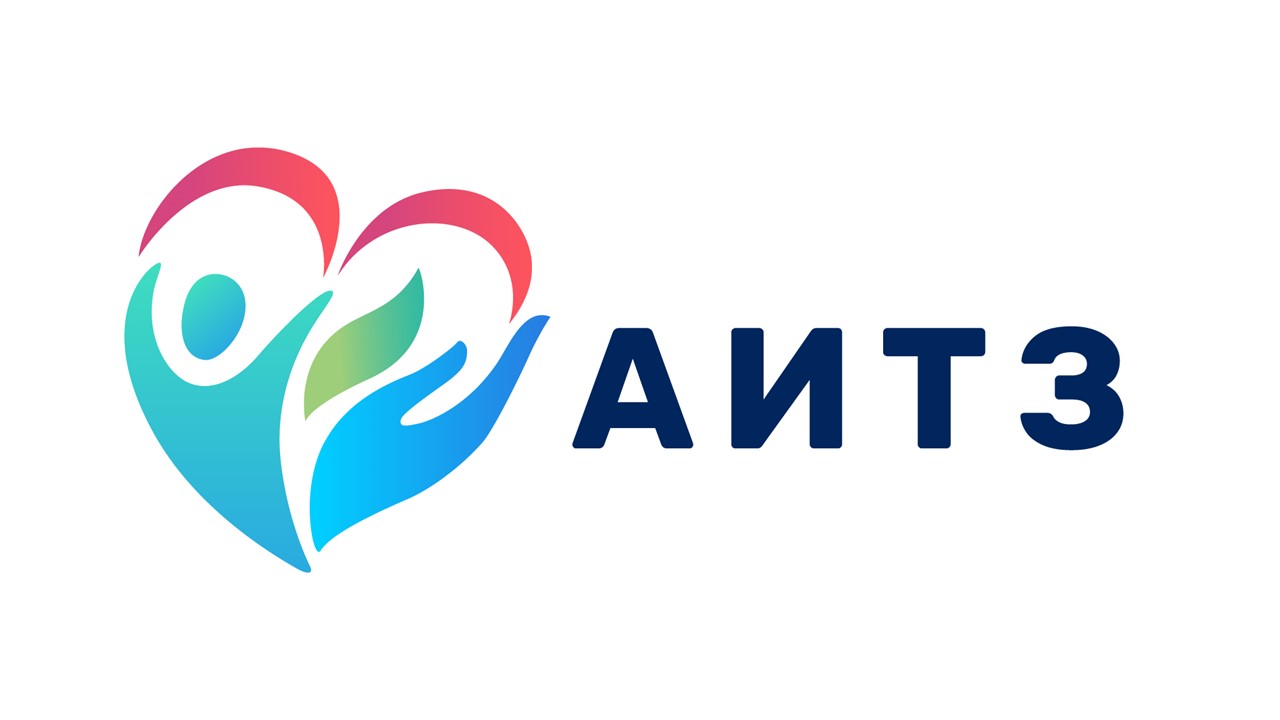ACHI and patients' organisation "Doverie" conducted the survey on the perception of the self-care concept

On July 24, 2024, on International Self-Care Day, which is celebrated around the world with the support of the World Health Organization, the Association of Consumer Health Indsutry presents the results of a survey of consumers and patients on their perception of the concept of responsible self-care. The survey was conducted in partnership with the all-Russian public organization for supporting patients with inflammatory bowel diseases and short bowel syndrome “Doverie”. The survey involved 343 respondents over 18 years of age from all over Russia.
For reference. The concept of responsible self-care involves a wide range of daily activities that enable a person to be more proactive about their health, and includes maintaining a healthy lifestyle, monitoring one's own health to recognize symptoms of minor illnesses and assess the risks of worsening the condition, and responsible use of consumer health products, including the use of over-the-counter medications, to eliminate symptoms of minor ailments in the absence of contraindications.
Almost half of those surveyed with minor ailments either seek advice from a pharmacy or look for advice on ways to help themselves on the Internet. At the same time, 71% of respondents answered that if there is no effect from taking over-the-counter drugs, they consult a doctor. When asked how long they took an over-the-counter drug for a minor illness, 72% said they took the drug as directed. This allows us to speak about a fairly high level of health literacy of respondents in matters of health and taking medications.
“The survey results show that people take responsibility for their health, do not ignore minor ailments, do not wait for their condition to worsen, and seek medical help.” - notes Tatyana Shashurina, Chairperson of the all-Russian public organization for supporting patients with IBD and SBS “Doverie”. “However, it is alarming that when their health worsens, people first look for information on the Internet, instead of immediately seeing a doctor. Therefore, I would like to once again urge everyone to use only trusted sources of information, for example, the websites of patient organizations, where materials from leading Russian and international experts are collected,” she emphasized.
Among the situations that the surveyed citizens confidently cope with on their own, they indicated treatment of colds 81.3%, pain relief - 70%, first aid for cuts, abrasions and bruises - 77.6%, monitoring of indicators (use of a tonometer, thermometer, tests, etc.). ) – 60.3%, digestive problems (such as heartburn, bloating, constipation, etc.) – 59.8%.
To select a suitable over-the-counter drug, 1/3 of respondents seek advice from a pharmacy and another 1/3 read information from Internet sources. Interestingly, to select dietary supplements, 37.9% turn to the Internet for information, and 30% ask a doctor for a recommendation, and only 10% go to a pharmacy for advice. At the same time, the pharmacy display is not very informative for consumers. More than 30% of respondents never look at it, the same number only occasionally study drugs and make a choice “off the shelf”.
“For all questions related to searching for information, the most popular options are from the Internet or online resources. At the same time, more traditional information channels, for example, pharmacy displays, are almost unclaimed. This may indicate consumers' desire to take a more active role in their own health decisions." — notes Elena Nevolina, Executive Director of ACHI.
“Information is becoming more accessible, and many services are becoming much more convenient. Consumers, facing the reluctance on some doctors to see them as partners in determining the course of treatment, turn to open sources for help. And what information they find there and how it affects public health often remains “behind the scenes” of discussions in professional circles. I urge my colleagues to change this situation.” — the expert concluded.
The survey results were published in an article in the Pharmaceutical Bulletin.
